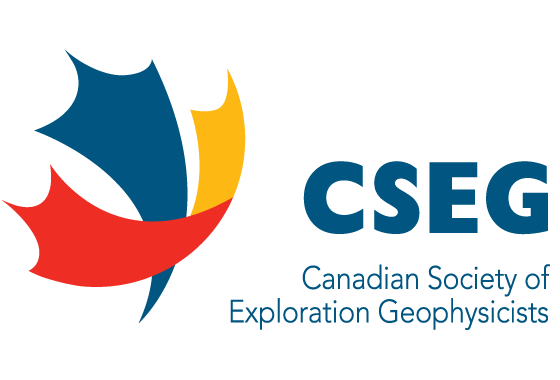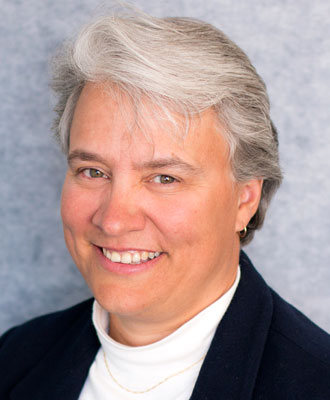Abstract
COURSE OBJECTIVES:
This short course provides a broad, basic understanding of various petroleum engineering topics for non-petroleum engineers. The focus of the course is placed on the design, construction, stimulation, and production of wells, both vertical and horizontal. Specific topics discussed include reservoir properties, fluid flow behavior, the drilling of wells, rig types, wellbore integrity and design, completion types, downhole tools such as packers, formation damage, stimulation including hydraulic fracturing, and artificial lift techniques. As the title implies, the course is designed for those who work in the oil and gas industry but do not have a technical background in subsurface topics. Previous attendees that have found the course useful include geologists, geophysicist, landmen, technicians, accountants, financiers, lawyers and field personnel.
WHAT PARTICIPANTS CAN REASONABLY EXPECT TO LEARN:
An emphasis is put on definitions and terminology common to the field of petroleum engineering and oil and gas production. Why certain completion and stimulation techniques are chosen in certain reservoirs versus others is also reviewed. Data and information that should be considered and shared by all disciplines is discussed.
WHO SHOULD ATTEND?
The course is designed specifically for non-engineering disciplines who work with petroleum engineers or who are active in the completion, stimulation, and production of oil and gas reservoirs. All levels of experience have benefited during past courses.
COURSE OUTLINE:
- Introduction
- Rock and Fluid Properties
- Porosity
- Permeability
- Water saturation
- Logging
- Drilling
- Rigs types
- Equipment
- Completion Types
- Open hole
- Cased hole
- Tubulars
- Completion Equipment
- Packers
- Bridge plugs
- Seating nipples
- Sliding sleeves
- Perforating
- Process
- Types
- Methods
- Formation Damage
- Acidizing
- Types
- Selection
- Procedures
- Hydraulic Fracturing
- Rock mechanics
- Stresses
- Fracturing fluids
- Proppants
- Conductivity
- Execution
- Artificial Lift
- Rod pumps
- Electrical submersible pumps
- Gas lift
Biography
Dr. Jennifer L. Miskimins is the Department Head of the Petroleum Engineering Department at the Colorado School of Mines and holds the F.H. “Mick” Merelli/Cimarex Energy Distinguished Department Head Chair. Dr. Miskimins has a BS from the Montana College of Mineral Science and Technology, and MS and PhD degrees from the Colorado School of Mines, all in petroleum engineering. She has over 30 years of experience in the petroleum industry, split between industry and academic positions. Dr. Miskimins specializes in well completions, stimulation, hydraulic fracturing, and associated production issues. She is the founder and Director of the Fracturing, Acidizing, Stimulation Technology (FAST) Consortium. Her research interests focus on the optimization of stimulation treatments and the importance of such on associated recovery efficiencies.
Dr. Miskimins served as the first Completions Technical Director on the SPE International Board of Directors from 2015-2018. She was an SPE Distinguished Lecturer in 2010-2011 and 2013-2014 on hydraulic fracturing in unconventional reservoirs. In 2014, she was awarded the SPE International Completions Optimization and Technology Award. Dr. Miskimins serves on a variety of conference organizing committees and as a technical editor for various journals. Most recently, she is the Editor-in-Chief of the newly published “Hydraulic Fracturing: Fundamentals and Advancements” published by SPE.





